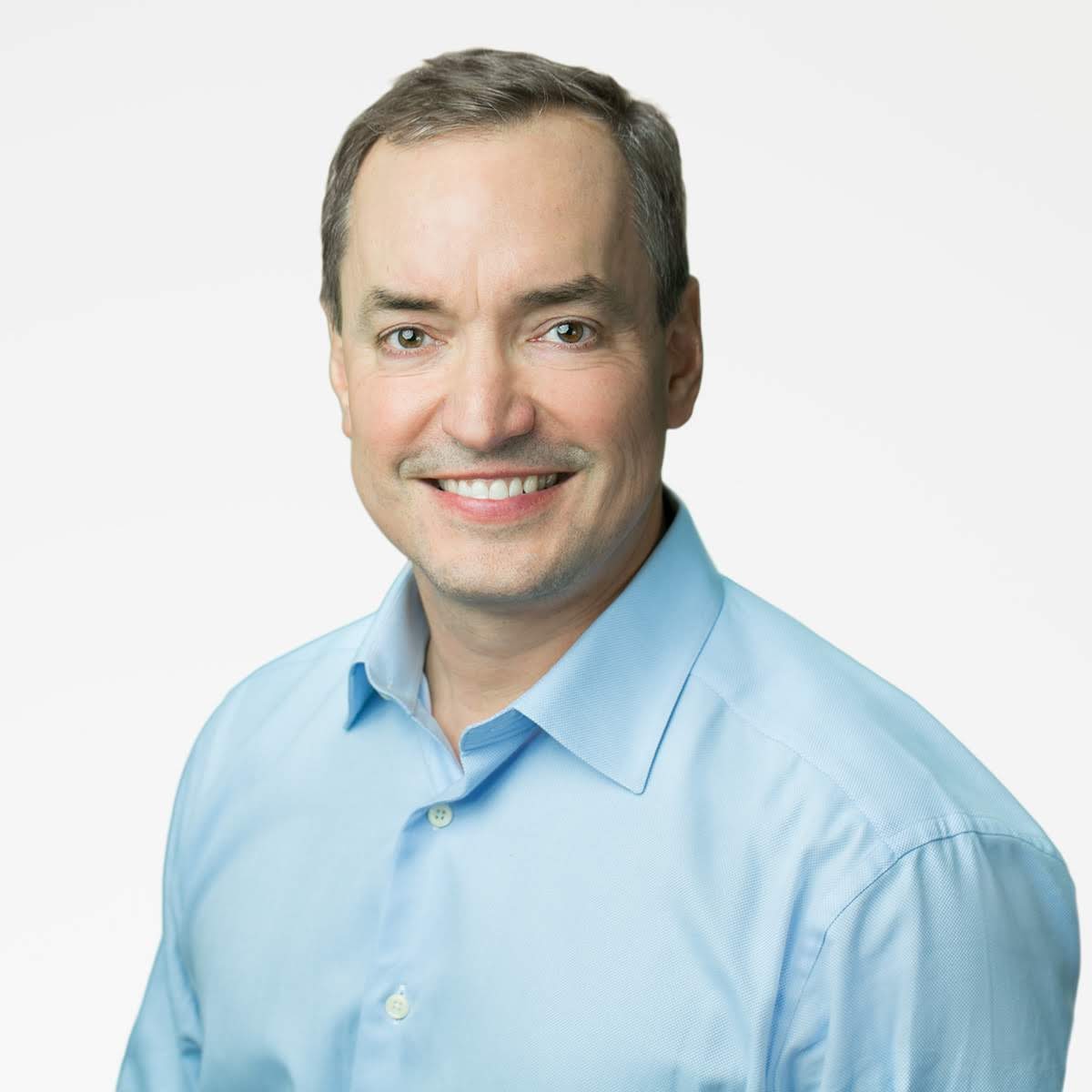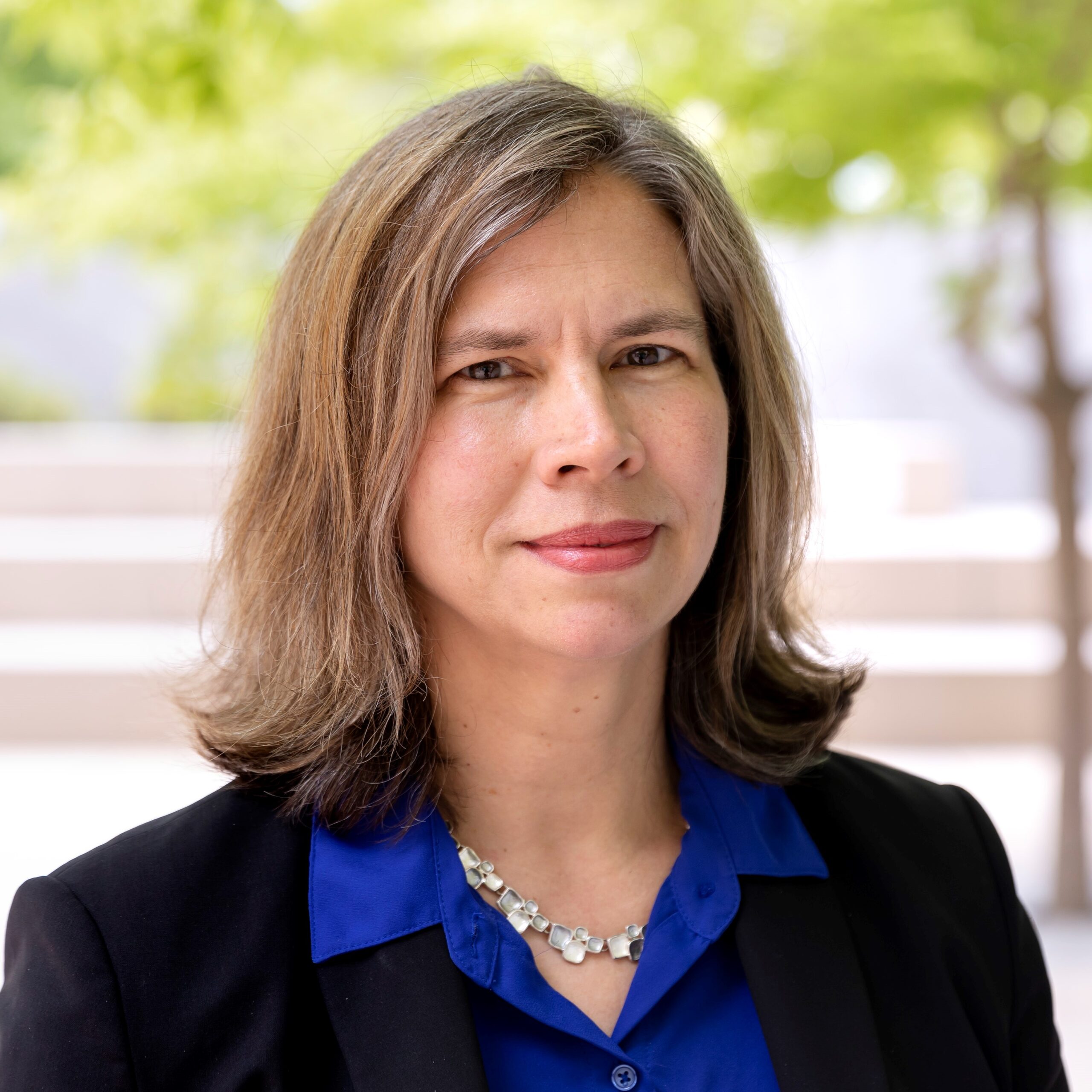PSB 2024 Keynotes

- Managing Director, Applied AI
- Google Cloud's Office of the CTO (OCTO)
Phenomics applies artificial intelligence and information retrieval to analyze biological systems from first principles. The technique observes the source code of life (genomic sequences), connected to a sparse time series of epigenetic and environmental data, to detect health transition patterns. This approach was first tested in a NASA twin astronaut study, later honed for liquid biopsies in recent years. While the cost was the tens of millions with NASA to thousands for digital biopsies, the price point is dropping precipitously thanks to advances in AI, genomics sequencing, and cloud computing. Soon we'll be able to sequence a patient for $50, using AI and IR to detect early transitions, then recommend simple actions to maintain optimal health. This talk explores these first principles, provides a quick survey of state of the art, and posits future developments.
Scott uses AI to eradicate cancer and help people live longer, healthier lives with simple habits. As a member of Google Cloud’s CTO Office, Scott builds and delivers cloud computing stacks for customers, supporting the shift from in-vitro to in-silico medicine. Scott is also a Board Member of the LustGarten Foundation for pancreatic cancer, the Stanford Center for Pharmacogenomics, and the AI Journal for Precision Oncology.
The trick? Scott uses neural nets (e.g. LLMs, MPNNs, CNNs) to model our lives and data as tensors, essentially high dimensional versions of cubes, trapezoids and more. Healthy lives are paths through these shapes, where machines detect when we drift, then suggest simple actions to keep us moving forward, feeling great and staying healthy. Tensors are the ultimate equalizer, dealing with everything from your weight, resting heart rate, to DNA, your gut microbiome, x-rays, daily supplements and Peloton workouts.
Scott is inspired by an emergent stack for programming in human language (and Mojo!), purpose built for the AI generation, reasoning and computing with trillions of tensors in milliseconds. Tensor networks, tensor databases, tensor prompts, tensor patterns, tensor generators, and more. This is the Age of Phenomics. Scott has a PhD in AI and Computer Science, having studied at the University of Washington and MIT, and decades of experience as a serial enterprise CTO. Interested to learn more? Follow his journey as @TensorDoc on social media.

- Professor of Law
- University of California, Berkeley
In the US legal system, machine-generated proof is increasingly replacing human witnesses. Evidence such as geolocation data, machine-learning algorithms determining authorship of text, Fitbit app sleep data, and probabilistic genotyping software to prove DNA "matches" are already routinely offered as evidence of civil liability and criminal guilt. In the not-too-distant future, courts will grapple with medical diagnoses, lie detection, chatGPT answers, and other "expert" opinions offered by ever more advanced systems. But our legal rules related to witnesses are built for humans, not machines. For example, someone accused of a crime has a right to cross-examine, place under oath, and physically confront their accusers. But how do you cross-examine a machine? What does "confrontation" mean in an age of AI? This keynote address will discuss some of the ways courts and litigants are trying to adapt the legal system to these new realities, and ways that the biocomputing community can weigh in.
Andrea Roth is a Professor of Law at UC Berkeley. Before that she was a Thomas Grey Fellow at Stanford and a public defender in Washington, D.C. Her research focuses on how pedigreed concepts of criminal procedure and evidentiary law work in an era of science-based prosecutions, e.g., Machine Testimony, Yale Law Journal (2017). She serves as national chair of the legal advisory group for NIST's Organization of Scientific Area Committees. She is a faculty co-director of the Berkeley Center for Law and Technology and is an elected member of the American Law Institute. She has received both the law school's teaching award and the Berkeley campus-wide Distinguished Teaching Award.
